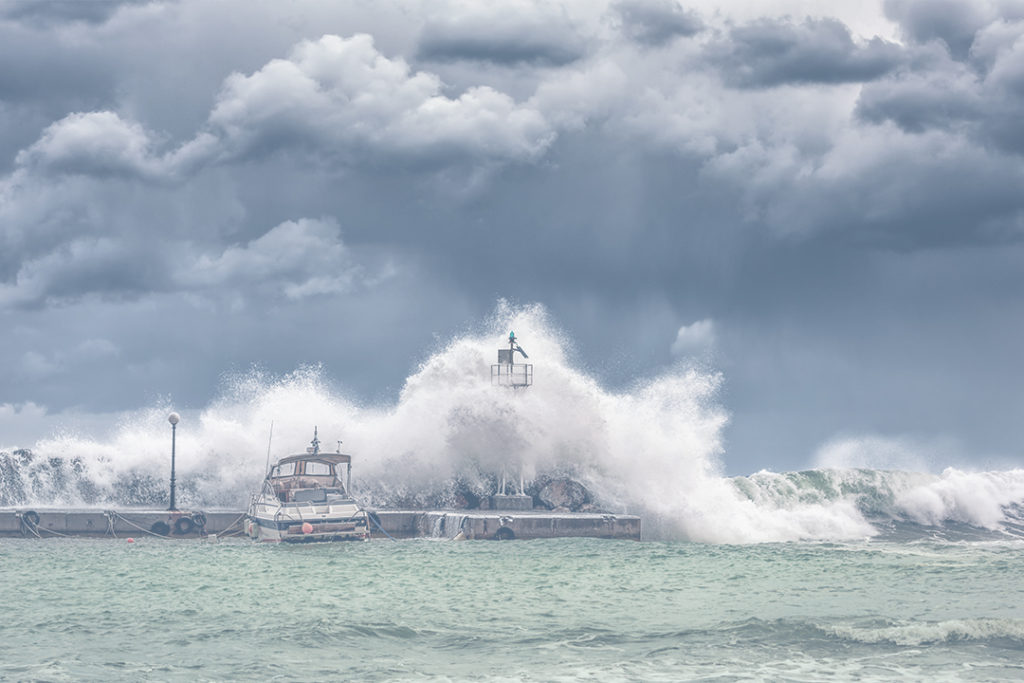Increasing (consumer) scams due to covid-19
Based on the new survey conducted by the Association of Certified Fraud Examiners (ACFE) about the effect COVID-19 has on fraud, 90% of respondents reported that they have seen an increase in scams targeting consumers, with more than 50% believing the increase has been by a significant amount.
These results from the ACFE does fit to the experiences we made with our clients and partners over the last weeks since COVID-19 rapidly changed our behaviour in business, society, and private life.
We are recognizinga significant increase of certain specific fraud schemes. Comparing this with the results of the ACFE, those surveyed, 75% said they already have encountered an increase in phishing through government impersonation, and 71% report seeing an increase in charity fraud.
Modus Operandi – Social Engineering
As also mentioned in other articles, the modus operandi of social engineers is our key success factor in combating fraud. Understanding the different aspects is key in the prevention, detection, and response phases of economic crime. No matter what kind of fraud pattern organizations are exposed to.
For this actual global disaster phase, the increase of very complex social engineering tactics applied in the phishing emails is one of the red flags we have on our focus to protect our clients.
“Spotting the market and how it adapts to the current situation there are different patterns detected which leads us directly to the hot spots of fraudsters new business model.”
Underling these observations with the survey reflects, that also our colleagues come up with quite similar experiences. This means an increase in fraudulent vaccines, medications, or tests for the coronavirus (66%); third-party seller and buyer scams on legitimate online retail websites (64%); business email compromise scams (62%); and cyberbreaches (61%).
It all goes down to pretend something supporting individuals and organizations during this challenging time of the disaster. Most of the people are hungry for information, especially in their close environment, in their industry and from their most trusted resource. Either to protect themselves, their families, friends, and businesses. Also, to mitigate the risk and further economic losses.
This global desperation plays an accelerating role which has tremendous negative impact for the victims. The biases – here the blind spots – are used to social engineer the targets. It is simple. For them.
“Social engineers exactly know about the vulnerability of their different target group.”
Receiving an email from a (fake) trustful source delivering helpful information, offering material (masks, gloves, etc.) or tests and vaccines or asking for donations supporting more affected individuals, the readers may be less sceptical than normal and rather to not check before opening malicious links.
Disaster Fraud – Forecast and Trends
With the flattening curves of the first wave a new period starts for all of us. Saying that I would like to outline again, that after the crisis is before the crisis. There is no reason to leave out the remediation phase of this crisis cycle we were and are in.
Looking at the survey again we are in good company with our peers. The survey respondents also expect to see a continued proliferation of different fraud schemes in the future. Short, mid and long term, as 93% of anti-fraud professionals predict that there will be an overall increase of fraud in government stimulus programs over the next 6-12 months, and two-thirds expect overall fraud levels to significantly increase.
Working from home (WFH) is one of the areas which seem to be a new taboo when it comes to fraud. The reason behind is, that WFH saves our lives. Individually and for the economy and society. Talking to our clients about the potential risk related to WFH is definitively not the most appreciated conversation to have and I absolutely understand the reactions. But we must, to protect the employees and the organization.
The survey supports our opinion on that as respondents also predicted an increase in cyberbreaches due to employees working from home. Close to 90% said there would be an increase overall, with more than 60% believing the increase will be significant. The results seem to be quite clear.
Even more than 90% of respondents said fraudsters impersonating government officials through phishing would increase in the next year, with more than 70% predicting it would increase by a significant amount.
Disaster risk-intelligence for COVID-19
This disaster by the COVID-19 pandemic has caused a situation for individuals, organizations, countries which has not been experienced anymore for decades – if ever. In our profession we have seen fraud increases in recessions, economic crises, and natural disaster in the past too. What we must expect in fraudulent behaviour in the near future based on COVID-19 was never seen before.
I can not enough highlight how important the individual risk-intelligence in these times is. For each individual, team and organization. No matter what kind of hierarchy level you serve. As a board member, c-level, manager, or employees.
“Be a corporate safeguard by applying professional scepticism and speak up.”
Do your homework in terms of a due diligence before you enter spending, investments, and data delivery. Protect your companies crown jewels.
The perfect storm is not yet over – it just started. Let us find a way together to surf the waves!
Yours,
Sonja






